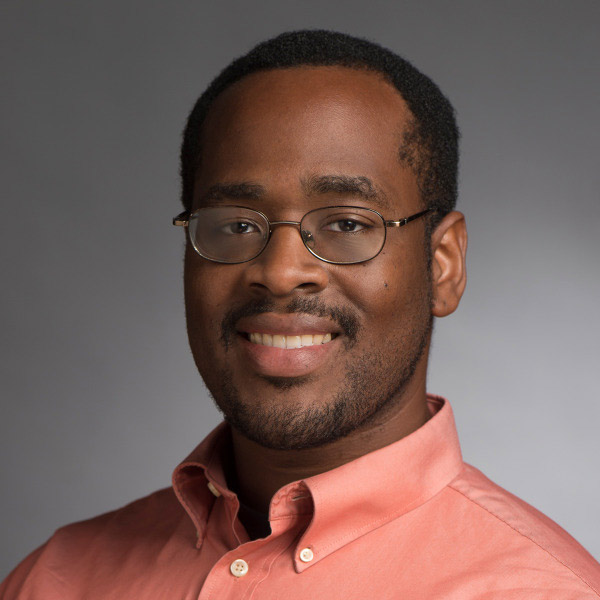Joseph Hill

Joseph Hill is an Assistant Professor of ASL and Interpreting Education at the National Technical Institute for the Deaf. He shares how he helps students develop critical thinking skills by embracing a student-centric teaching approach that incorporates essential elements of social justice, namely by respecting everyone’s humanity, embracing mistakes as valuable teaching moments, treating challenges as opportunities to further personal growth and community engagement, and promoting social change inside and outside classroom. Read his answers to a few critical thinking questions here:
1. How do you teach applied critical thinking?
To encourage critical thinking, I embrace a student-centric teaching approach that incorporates essential elements of social justice, namely by respecting everyone’s humanity, embracing mistakes as valuable teaching moments, treating challenges as opportunities to further personal growth and community engagement, and promoting social change inside and outside classroom. It is my responsibility as a teacher to create conditions and accommodations conducive to a collaborative learning community. I do this by establishing a safe space for all to approach challenges in a healthy manner; to own their learning and thinking processes; to develop relationships with peers and faculty who demonstrate diverse perspectives and identities; and to engage in lifelong learning and relationships beyond classroom.
2. Why Do You Think Applied Critical Thinking is Important in Your Domain?
Through students’ educational journey, they will encounter a rich diversity of knowledge, beliefs, and opinions that may be congruous or incongruous with theirs; as a result, they will have developed a critical lens to understand sociocultural and political issues and make informed decisions relevant to their personal and professional lives. This is an important point I like to emphasize in all of my courses because language and interpreting involves everyone who are different from each other in many ways and they need to find a way to form and maintain connections and take a stand when they witness injustice.
3. Can You Share a Story Where Quality Applied Critical Thinking Was Key to Your Success?
I teach Issues in Interpreting which is a research methodology course for interpreting seniors. This is where I emphasize that they have to think critically about their research proposals and they can't depend on me for everything. They have to do the readings. They have to check the authors' credentials. They have to evaluate the methods. They have to determine whether the results make sense. They have to synthesize the information from different sources. I have had a few students who did not appreciate the challenging nature of the course and they wanted answers for everything, but most students understand that the research process is challenging and I can only do so much to help them. They have to move forward on their own. It is gratifying to see how much they have grown through the process and the confidence they portray when they discuss their research proposals. On my course evaluation, I always get the comments about me being a strict teacher and the challenges they have to deal with, but at the same time, they appreciate me as a brilliant teacher who care about them and they feel they have gotten so much out of the course. This is what I want for them.
4. How Do You Use Critical Thinking in Other Areas of Your Life Outside of RIT?
Life, itself, is challenging; how people approach challenges depends, according to Carol Dweck, whether they demonstrate a fixed mindset or growth mindset. In my classroom and research lab, I emphasize that mistakes are essential to learning and that students should use them to reflect and think of ways to approach a problem differently. I want students to reframe their thinking about mistakes and understand that learning is a lifelong process. I also want them to understand that critical learning is their responsibility; I can teach them as much as I can, but if they do not own their learning process and behaviors, they will have to live with the consequence. I teach that to truly learn is to earn knowledge with confidence; once students have earned it, it’s theirs for life, and no one can take it away from them. I have had students who emailed me or sent me cards expressing gratitude for my teaching. Through me, they have expanded their horizon and see the possibilities in their future. It's what I want for them because it's what I wanted for myself when I was younger as a black deaf child wanting a better future in spite of the societal barriers based on race and disability.